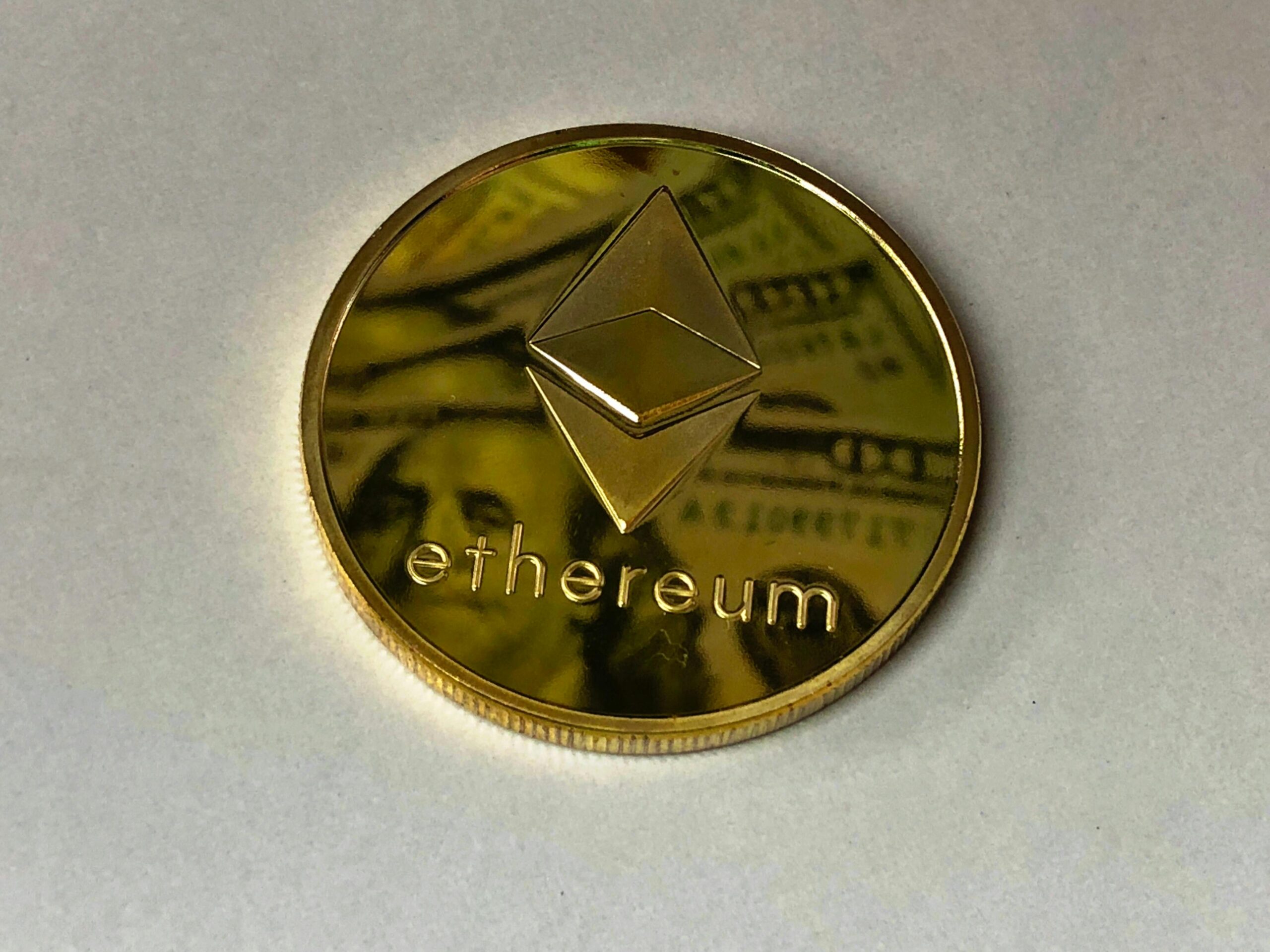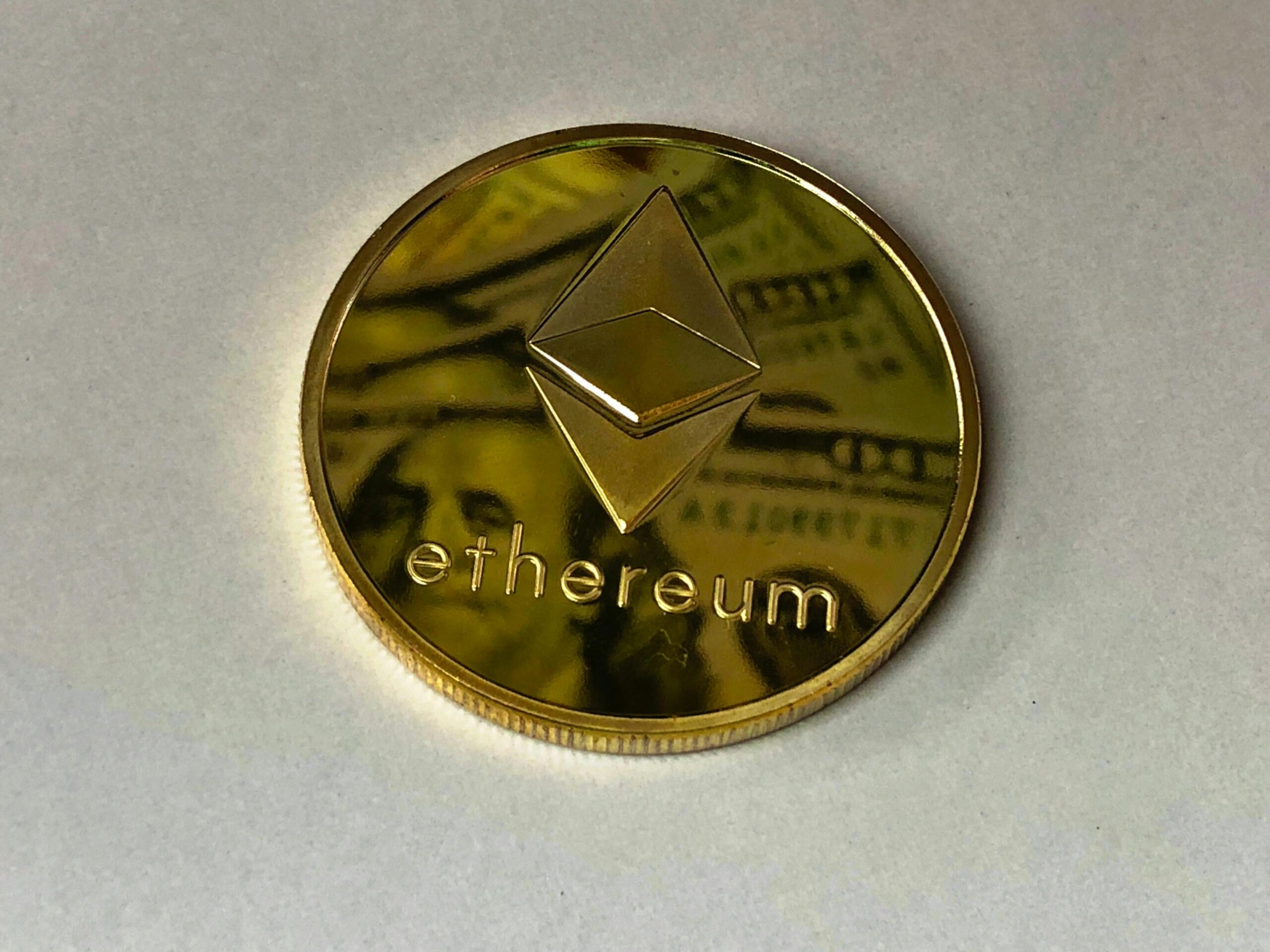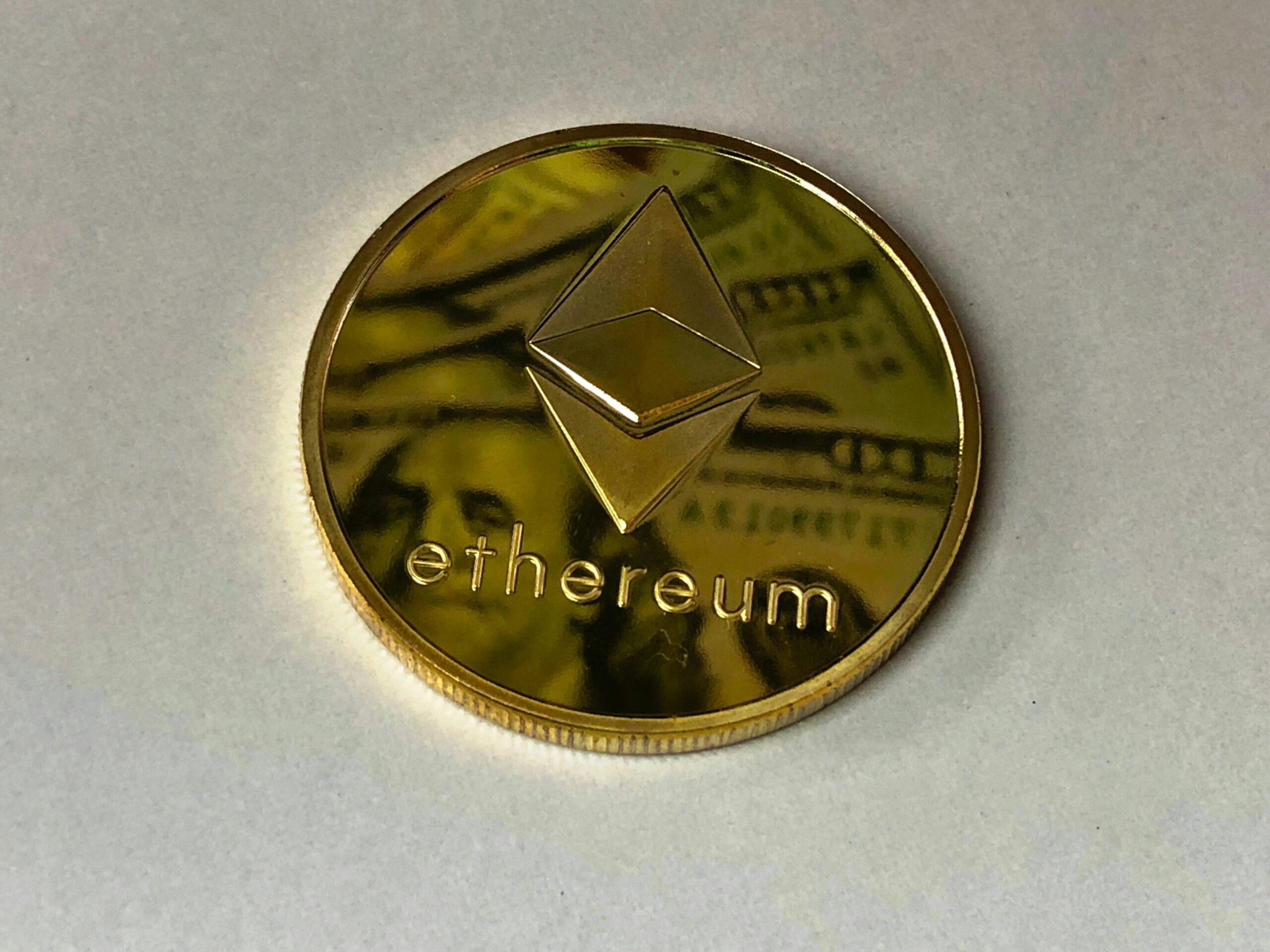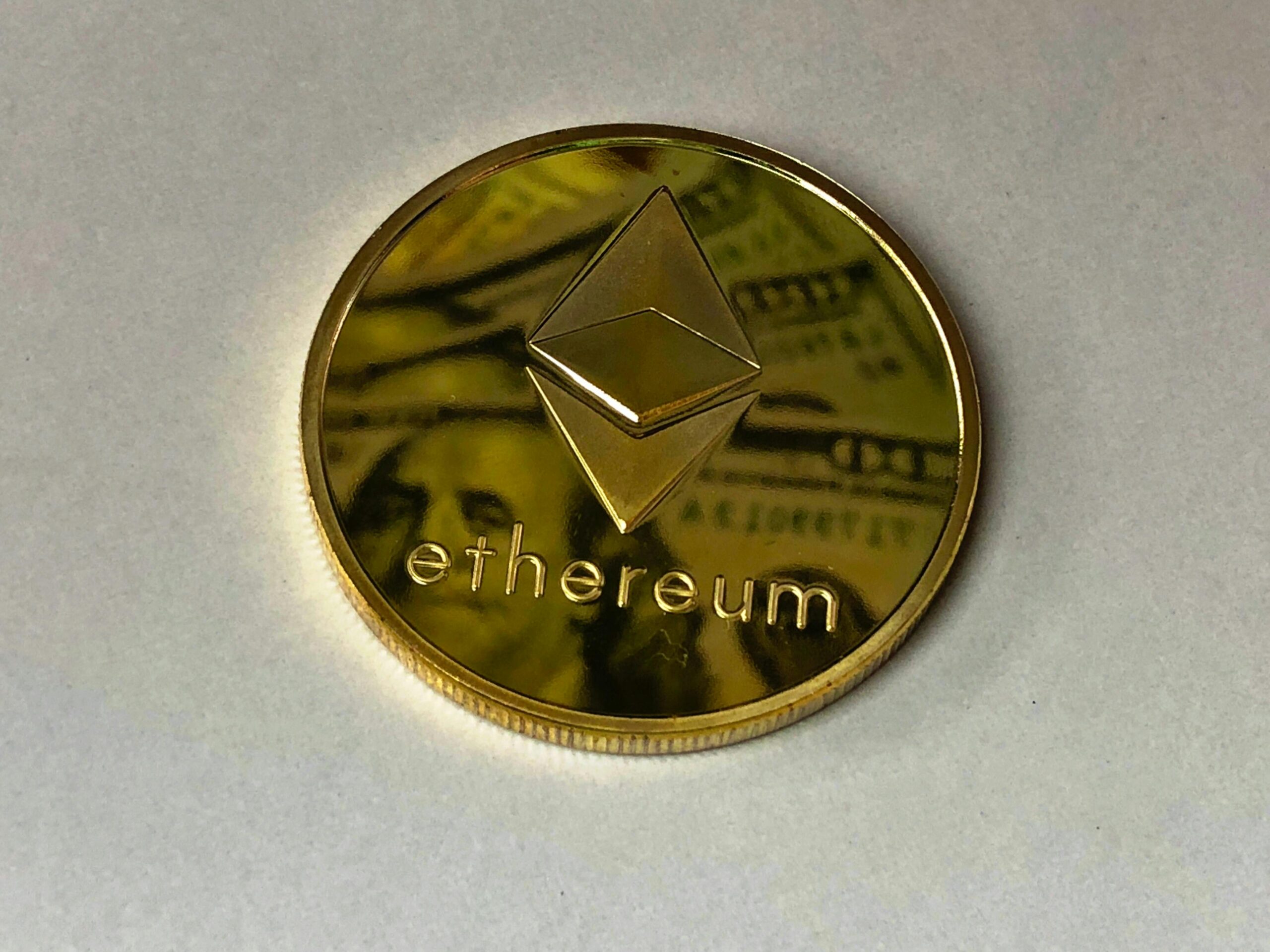
Let’s dive into the world of smart contracts on the blockchain.
As we’ve discussed earlier, blockchain technology is all about creating a secure, decentralized, and transparent way of recording transactions and data. But what if I told you that there’s more to it than just storing information? That’s where smart contracts come in – self-executing contracts with the terms of the agreement written directly into lines of code.
Think of a traditional contract, like the one you’d sign when buying a house or renting an apartment. It outlines the rules and penalties associated with an agreement, but it’s up to humans to interpret and enforce them. Smart contracts work similarly, but instead of relying on intermediaries like lawyers and courts, they use code to automate the enforcement of rules.
Here’s how it works: imagine you’re a coffee aficionado who wants to buy a rare bag of Ethiopian Yirgacheffe from an online retailer. You agree to pay 1 ETH for the coffee beans, but only if they arrive within two weeks in pristine condition. In a traditional setup, you’d rely on the retailer’s good faith and possibly a third-party dispute resolution service.
With smart contracts, this agreement would be written directly into code and deployed onto a blockchain like Ethereum. The contract would contain rules such as “if the coffee beans are delivered within two weeks” and “if they’re in pristine condition,” then the payment of 1 ETH would be automatically transferred to the retailer’s wallet.
But how does it actually work on the blockchain? Well, when you deploy a smart contract onto a network like Ethereum, it gets its own unique address – just like your personal wallet has an address. This means other accounts can interact with the contract directly by sending transactions to this address.
When someone wants to trigger a specific action within the contract (like paying for those coffee beans), they send a transaction with the required inputs and conditions specified in the contract code. The nodes on the network verify that these inputs meet the requirements outlined in the contract, and if everything checks out, the corresponding action is executed.
Now, here’s where things get really interesting: because smart contracts are self-executing, no single entity controls them. They run exactly as programmed, without any possibility of censorship or manipulation – just like how blockchain itself operates on a decentralized network of nodes verifying transactions.
But what about security? We all know that code can have bugs and vulnerabilities. And indeed, we’ve seen some high-profile cases where smart contract bugs led to some major losses (the infamous DAO hack comes to mind).
However, this doesn’t mean we should dismiss the technology altogether! Just as with any code-based system, it’s crucial to rigorously test and audit your contracts before deploying them onto a live network. The industry has made huge strides in developing best practices for secure smart contract development.
Another common misconception about smart contracts is that they’re only useful for simple transactions like our coffee bean example. But the reality is that they can be used for far more complex arrangements – from supply chain management to decentralized finance (DeFi) applications.
For instance, imagine a scenario where a manufacturer wants to ensure all components of their product come from certified sustainable sources. They could deploy a smart contract to manage this process: when a supplier submits a shipment with its corresponding proof of sustainability, the contract verifies these credentials and only then releases payment.
Smart contracts are also being used in DeFi protocols for lending, borrowing, and yield farming – allowing users to engage in complex financial activities in a trustless, permissionless environment.
Now, it’s essential to note that smart contracts aren’t without their limitations. For one thing, they can be pretty expensive to deploy on certain networks due to the computational costs associated with executing contract code.
Moreover, there’s still an ongoing debate about how these contracts interact with real-world systems – something often referred to as the “oracle problem.” Essentially, it deals with how you get external information into a blockchain-based system securely and accurately (for instance, if our coffee retailer needs to verify that those Ethiopian Yirgacheffe beans indeed arrived on time).
Despite these challenges, I believe smart contracts hold tremendous potential for transforming industries across the board. As we continue innovating and refining this technology, we’ll see new ways of leveraging blockchain’s decentralized trust model for increasingly complex applications.
So there you have it – a comprehensive overview of how smart contracts work their magic on the blockchain. Do you guys have any questions about these self-executing marvels?














